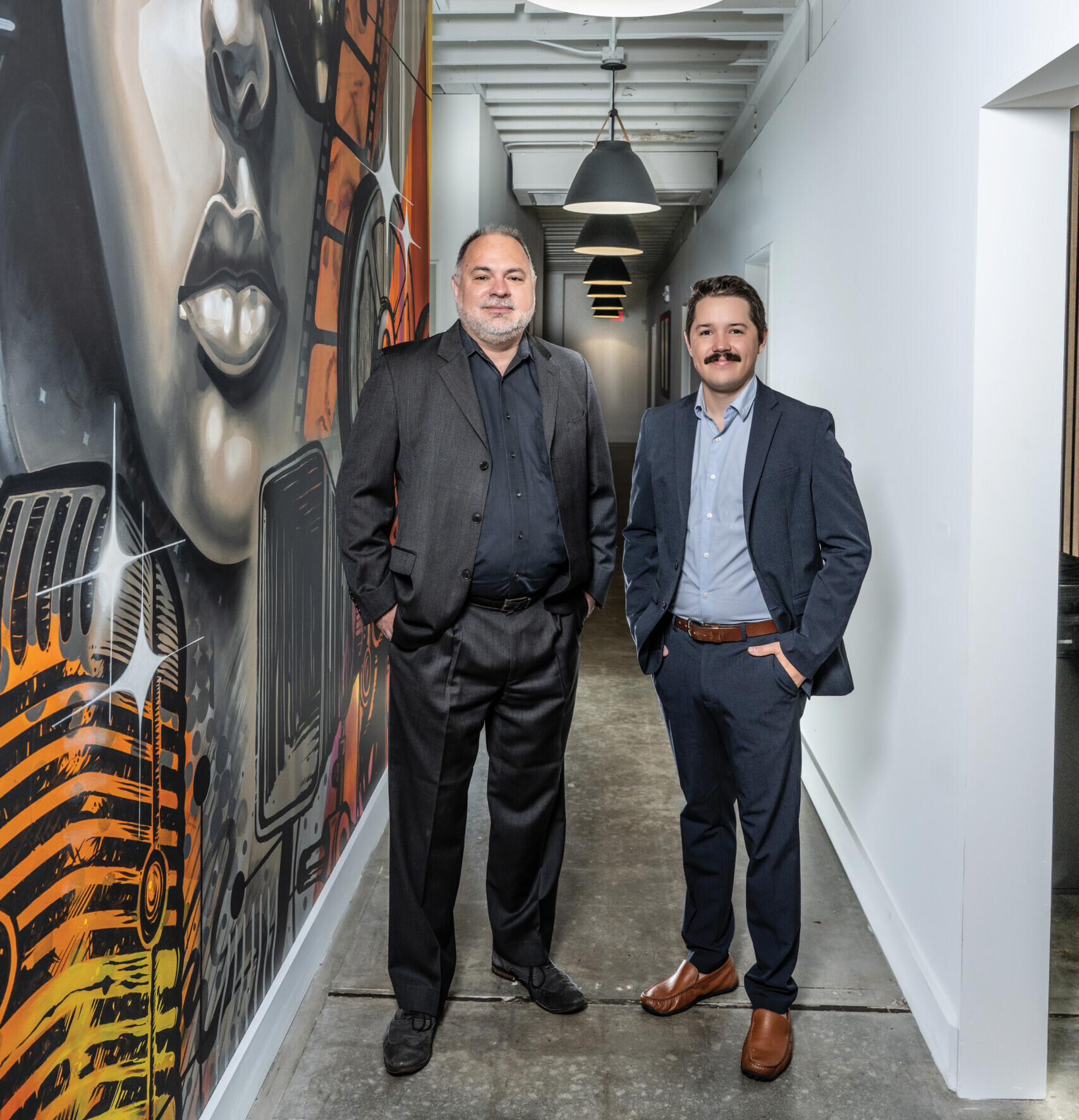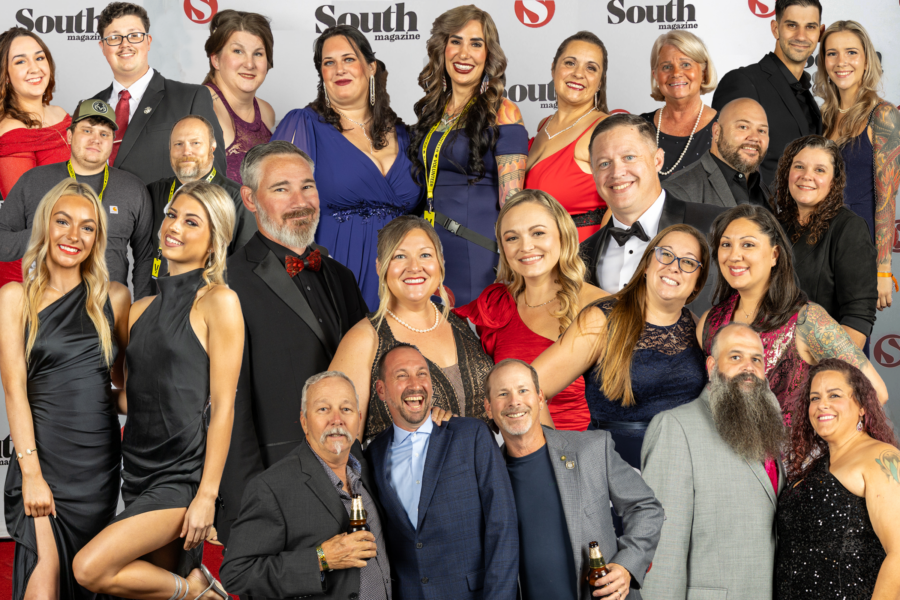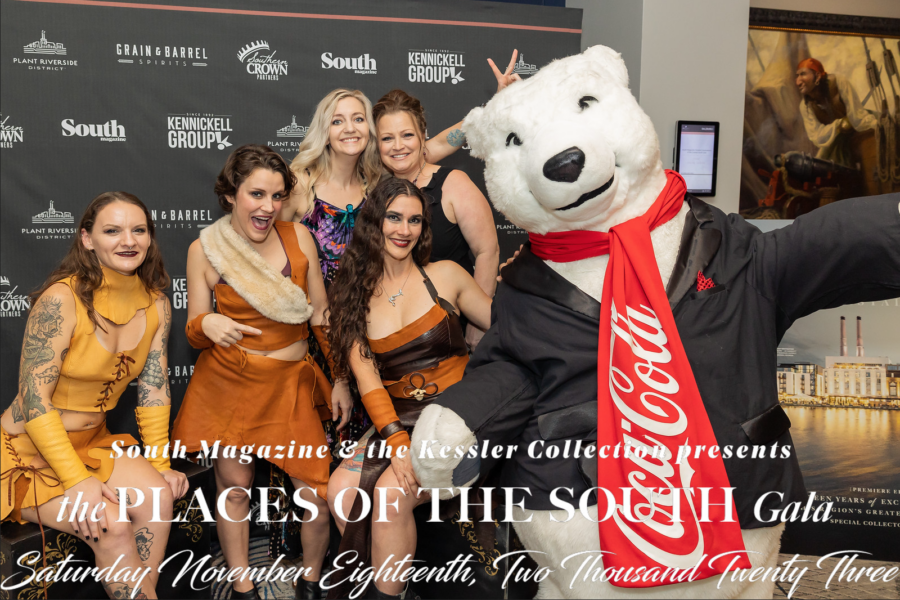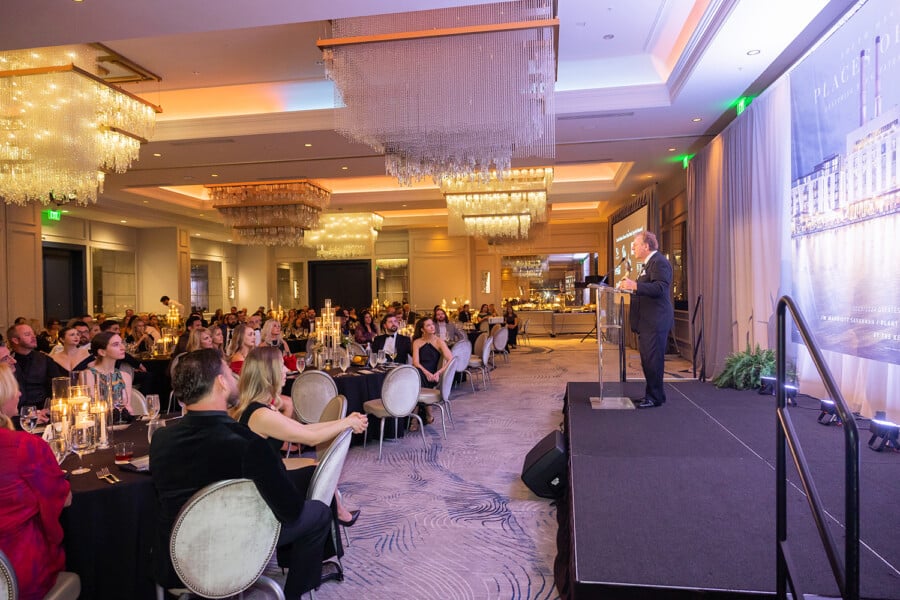How the Second Longest Writer’s Strike Ever Affected Georgia’s Film Industry.
The “striking” relationship between Streaming Rights, Artificial Intelligence, and every unionized artist in America – and how the Artists Strike hit the heart of Georgia.

Tens of thousands of Georgians work in the film industry and more than 15,000 businesses served the industry directly as vendors last year. The halt in production for this 2023 strike gave Georgians increased insight into how the film industry is deeply integrated into our state’s economy.
The last writers’ strike in 2008 was resolved just one day short of 100. The 2023 strike lasted for a total of 148 days. This ties it with the 1960 strike as the second-longest labor stoppage in the history of the WGA, coming in just behind the 1988 strike, which lasted for 153 days.
In a stunning show of solidarity, the writers have been joined by the members of the Screen Actor’s Guild (SAG) and the American Federation of Television and Radio Artists (AFTRA), which comprises “approximately 160,000 actors, announcers, broadcast journalists, dancers, DJs, news writers, news editors, program hosts, puppeteers, recording artists, singers, stunt performers, voiceover artists and other media professionals.”
Not your traditional conflict over rates, rights, and newer technology, this strike is navigating the deep and murky waters of an unknown future with Artificial Intelligence.
Part of the necessary conversation of this strike centers around how to manage and calculate remuneration involving new forms of media and distribution. Adding insult to injury, the controversies surrounding AI have gained untenable momentum, even at its embryonic stage, and are looming menacingly over the future of film and television.
Nearly 4,000 Georgian artists have joined the strike in an area ‘Time Magazine’ dubbed “the Hollywood of the South,” a well-earned nickname for a state that welcomed $4.5 billion dollars through locally filmed productions during 2022.

Wild’s heart isn’t just for the work, it’s for the community. “Artists need to create,” [Judd] says with heartache. – Judd Wild
But it’s true, he says, that residuals weren’t keeping up with streaming contracts, where astronomical profits aren’t being shared with the people who created the work. On top of that, AI, while creating opportunities in areas like motion capture, is creating a creative and humanitarian crisis in our culture.
“It’s all about the undercurrent – the dialogue on top is important, but there’s a stronger undercurrent of how this affects the human component of what we all do,” Wild’s heart isn’t just for the work, it’s for the community. “Artists need to create,” he says with heartache for his fellows, “and culture will begin to feel the absence of new material,” as well as the economic hit as fewer are filming in GA and beyond.
Executive Director of the Georgia Screen Entertainment Coalition Kelsey Moore knows the impact is measured beyond businesses directly involved in production, bleeding into service industries like hotels, event venues, restaurants, and more, dwindling to near half the normal number of active productions. “Tens of thousands of Georgians work in the industry,” she says, “and more than 15,000 businesses served the industry directly as vendors last year. The halt in production will give Georgians increased insight into how the film industry is deeply integrated into our state’s economy.”

“Some things you have to learn to adapt to but also, it’s not cool to be replaced. In the time that I’ve grown up in the industry, social media wasn’t big when I started and now you have reality stars and influencers who are more famous than some actors who have been at it for 20 years.” Quinton Aaron / officialquintonaaron / Photography: Caitlin Tabilog
Recently interviewed by South, Quinton Aaron, most known for his role in the blockbuster film “The Blind Side,” says on the struggle over AI, “Some things you have to learn to adapt to but also, it’s not cool to be replaced. In the time that I’ve grown up in the industry, social media wasn’t big when I started and now you have reality stars and influencers who are more famous than some actors who have been at it for 20 years. These used to be very different groups but you’re seeing people find common ground over what’s happening with AI. Bottom line, I just want to work – we all do, and hopefully we figure out a deal that protects us so that we can get back to doing what we love.”

“Tech constantly outpaces creation of law,” says Ryan Schmidt (right above) “It’s a wild west of applying existing law to new technology with financial and personal risk and impact we can’t begin to weigh.” Bowen unlocks a core memory clarifying, “We’re at Pong, and it’s impossible to predict how far this will develop and the kind of advances that will be possible.” – Charles “Bo” Bowen / Photo by D. Paul Graham
The Full Art of the Law
One example at the center of recent AI-fueled writers and actors strikes, is the pace- and trend-setting duo behind Bowen Schmidt.
Long seated local legal legend Charles “Bo” Bowen (founder, Savannah Film Alliance) has been righting wrongs and rewriting “the way law is practiced” in the area for 30 years. Joined in 2018 by Ryan Schmidt, who, in addition to his promising legal career was a singer/songwriter featured on NBC’s “The Voice,” the Bowen Law Group has partnered up to become Bowen Schmidt Entertainment Attorneys. Who else would you turn to for their perspective on the strikes plaguing everyone from Hollywood to Georgia television, film, and entertainment?
“Tech constantly outpaces creation of law,” reminds Schmidt. “It’s a wild west of applying existing law to new technology with financial and personal risk and impact we can’t begin to weigh.” Bowen unlocks a core memory clarifying, “We’re at Pong, and it’s impossible to predict how far this will develop and the kind of advances that will be possible. We see our role as entertainment attorneys who step forward to fight for a fundamental fairness that allows creatives to be creative and focus on art.” Schmidt finishes the sentence agreeing, “we strive to be the place where creatives can come and know the playing fields are going to be leveled.”
After 148 days, the strike was settled but Bowen and Schmidt remain at it, raising the bar of equity and leveraging the full art of the law.
> more @ bowenschmidt.com
To read this story in its entirety, subscribe now to the print edition for the full article or get instant access to our interactive digital edition.











